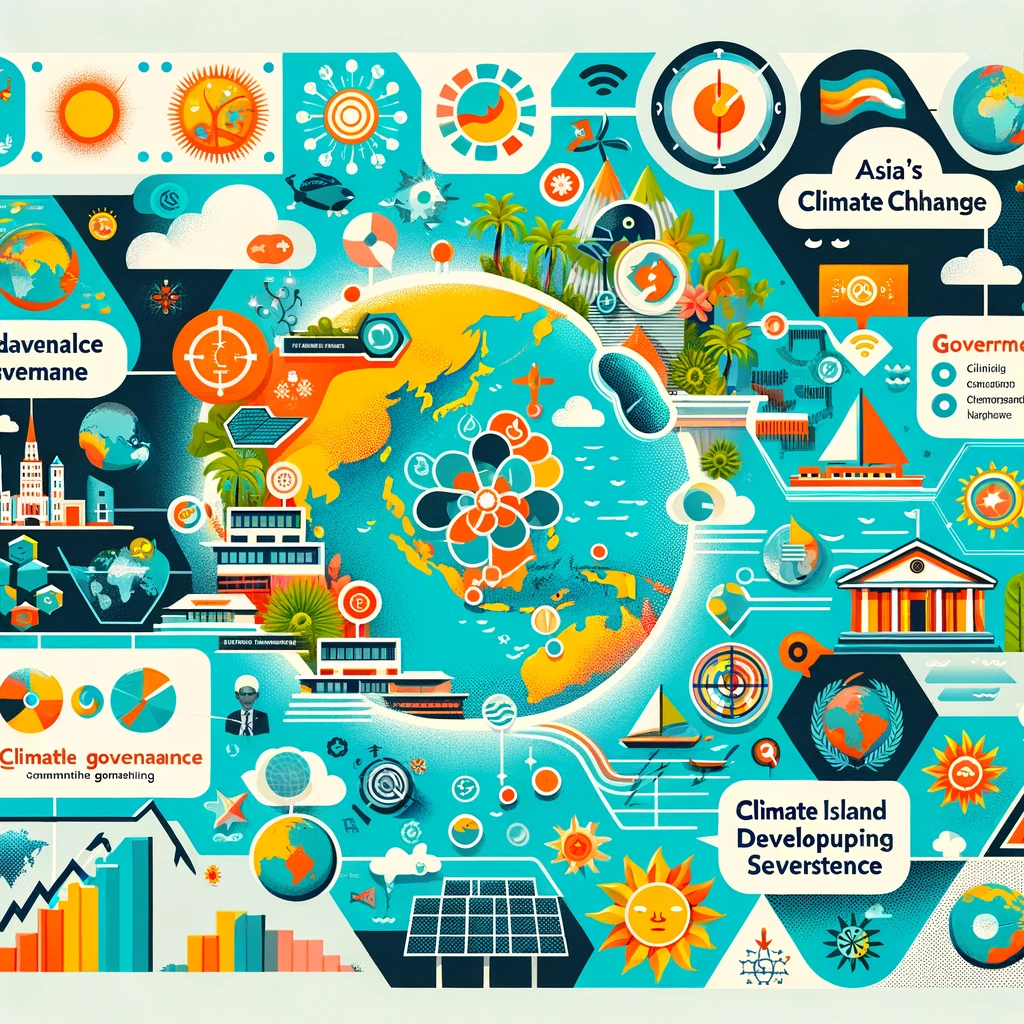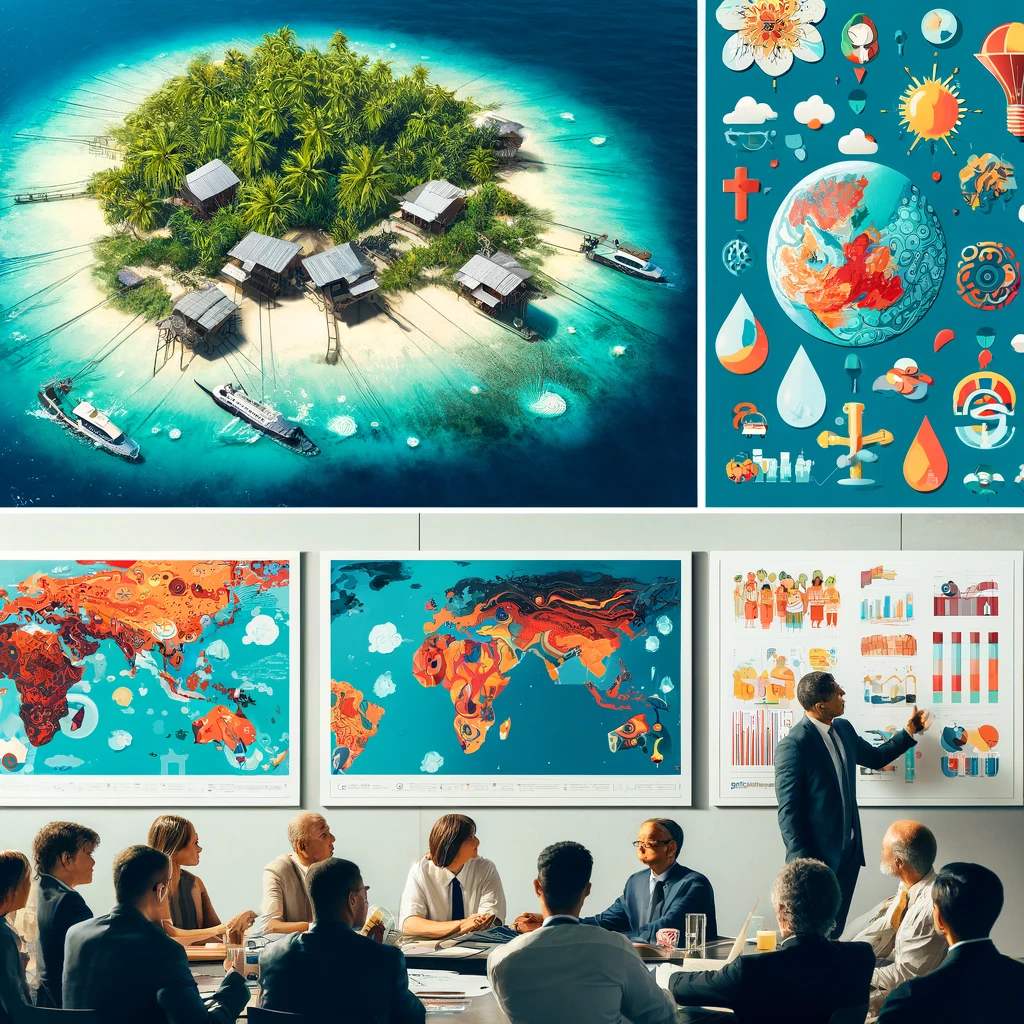
In Asia, small island developing states (SIDS) are facing an ever-intensifying conversation around climate governance. This discourse gains urgency as these nations reflect on the progress and challenges a decade after a significant international conference dedicated to addressing their unique issues. The vulnerability of these islands to climate change has thrust them into the spotlight, compelling a re-evaluation of strategies and policies in light of the harsh realities they continue to face.
The geographic and economic characteristics of SIDS make them particularly susceptible to the devastating impacts of climate change. These islands often experience severe weather events, such as cyclones and typhoons, which are becoming more frequent and intense due to global warming. Additionally, rising sea levels pose an existential threat, potentially leading to the displacement of communities and loss of territory. The economic structures of these states, heavily reliant on sectors like tourism and fisheries, are also at risk, further exacerbating their vulnerabilities.

A decade ago, an international conference brought these issues into the global limelight, aiming to forge a path forward for sustainable development in SIDS. The conference produced frameworks and commitments from both the affected states and the international community, focusing on strengthening resilience and integrating climate considerations into development strategies. These frameworks emphasized the need for adequate financing, technology transfer, and capacity building to aid SIDS in their adaptation and mitigation efforts.
However, a decade later, the results are mixed. While some progress has been made, the pace is uneven and often hampered by various challenges. Financial constraints are a significant hurdle, as the funding promised by international donors frequently falls short of the amounts pledged. Moreover, the bureaucratic processes involved in accessing these funds are complex and slow, delaying crucial projects and interventions that could mitigate the impacts of climate change.
Technological transfer, another pillar of the international commitments, has not occurred at the anticipated scale. SIDS often struggle with adopting high-cost green technologies, which are critical for both adaptation and emission reduction strategies. The lack of technical expertise locally compounds this issue, making it difficult to maintain and scale up these technologies even when they are implemented.
The conversation around climate governance in SIDS today is also evolving to include more discussions on loss and damage. This concept, recognizing that some impacts of climate change are beyond adaptation and require compensation, is gaining traction. It reflects a shift towards not only addressing prevention and mitigation but also acknowledging and planning for the irreversible damages that these states are already experiencing.
There is a growing recognition of the need for more robust local governance structures to effectively implement climate-related policies. Local governments in SIDS need more authority and resources to plan and execute strategies tailored to their unique contexts. Empowering local entities is crucial to ensure that interventions are not only designed but also implemented in ways that truly benefit the local populations.
Looking ahead, the dialogue in Asia’s small island states is focused on reinvigorating international support and refining local governance mechanisms to better tackle the challenges posed by climate change. This involves advocating for more consistent and accessible international funding, simplifying the processes for technology transfer, and enhancing local capacities to deal with the impacts of climate change.
As these conversations gain momentum, the hope is that they will lead to more effective and immediate actions, rather than just more promises. For SIDS, the next decade is not just about survival but about finding sustainable pathways to thrive despite the looming challenges posed by a changing climate. This ongoing dialogue is crucial in shaping the future, not just for the islands themselves but for the global community, underscoring the interconnected nature of our environmental challenges and responses.